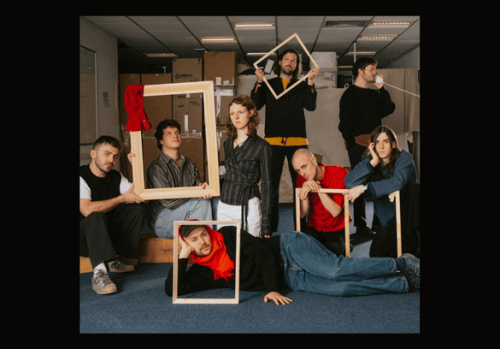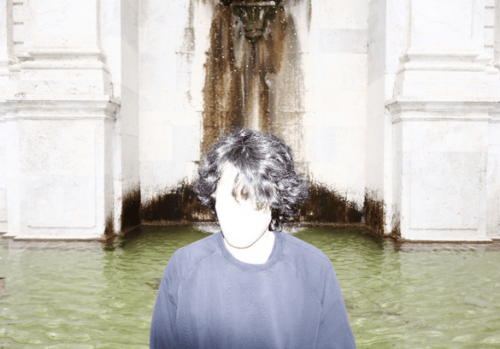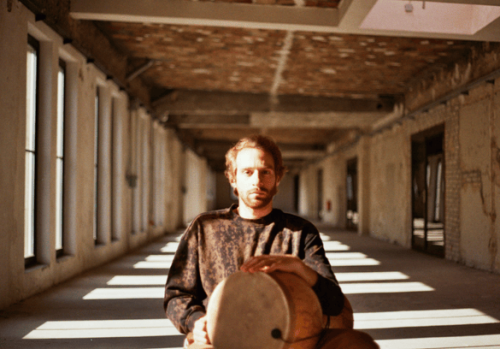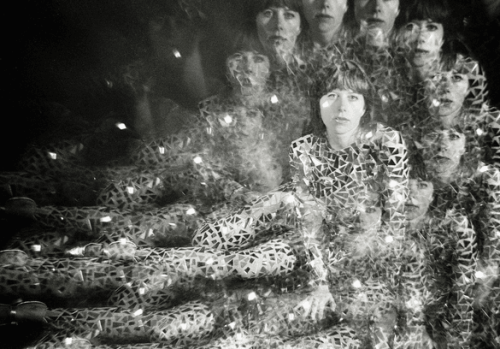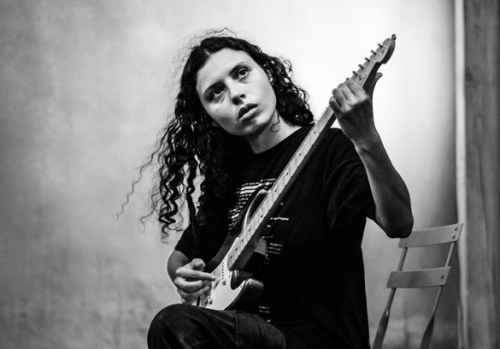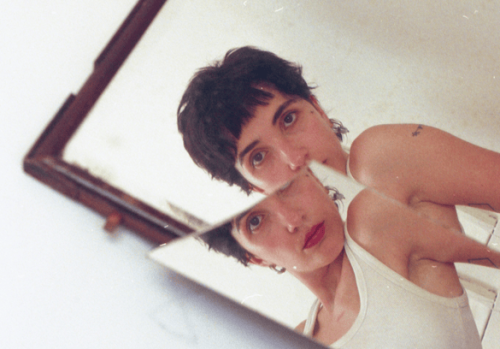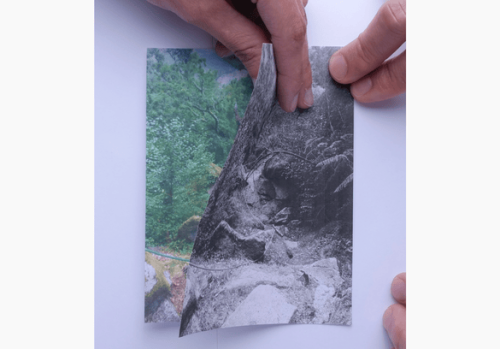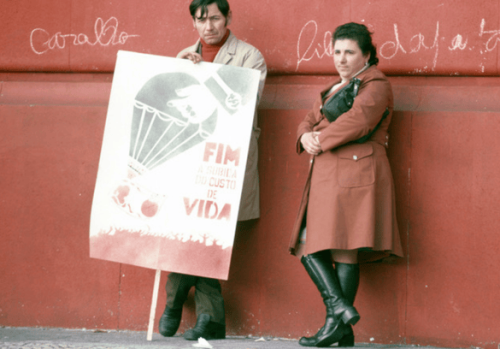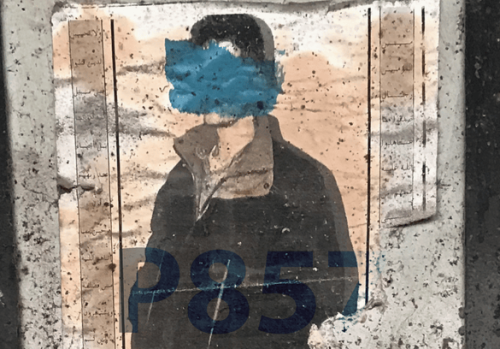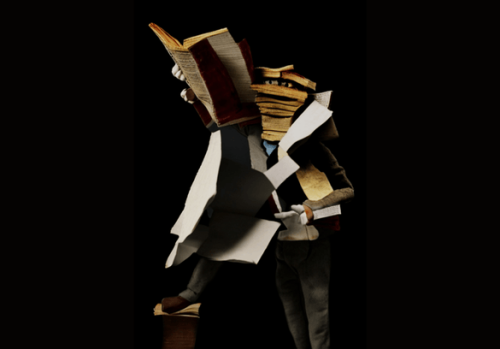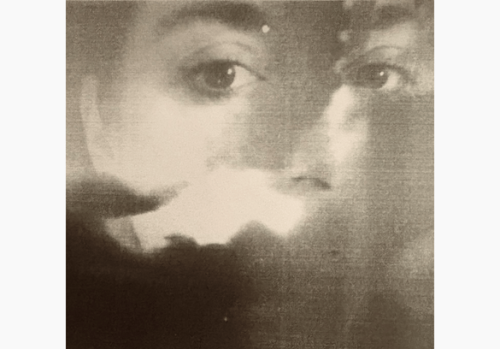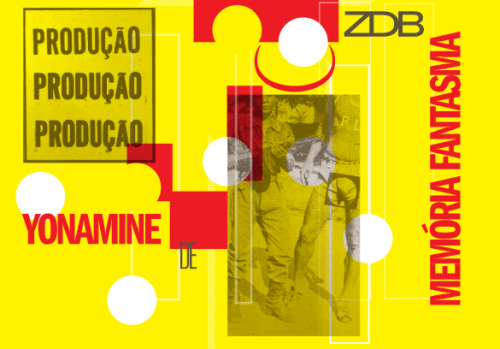Around that time, ganavya began to gain prominence in late 2023, when she appeared on stage at the acclaimed night organized by Sault in London. This was followed by an album, her first in six years, Like The Sky I’ve Been Too Quiet, released on Native Rebel Recordings, Shabaka Hutchings’ label, featuring collaborations with Hutchings himself, Floating Points, and Carlos Niño. It was Gilles Peterson’s album of 2024 and made several best-of lists. Nilam, released in May 2025, is co-produced by Nils Frahm. Enough name dropping, ganavya is her own person. The name dropping only serves to highlight how the quiet delicacy of her voice has conquered the music world.
American, living between New York and California, ganavya did not graduate in music—but she did graduate in a myriad of other things, from theater to psychology. That did not stop her from becoming a multi-instrumentalist. Her career has been on the rise—as it should be—despite the aforementioned gap between albums (six years), she hasn’t stopped in the last decade, between music, films, and creating 64-hour-long pieces. One thing is very obvious in the sound she produces: it’s clear. And clarity comes from many things, from transparency, from directness, and from straightforward ideas that are not afraid to talk about the world as it is today. A good gateway to ganavya’s universe is her performance on KEXP: we are carried away by her music, we are captivated by her answers and introductions to the songs.
Here is a voice that occupies the world because it is part of it, wants to be part of it. It wants us to be part of it. “Nilam” is testimony to this, an album where she continues with the candor of jazz in the tradition of Alice Coltrane, complemented by a sacred voice that seems otherworldly in the way it makes us feel every word, every sound that word conveys, and how and what it communicates. There is something otherworldly about it all. The sacred and the cosmos come together to give meaning to the way ganavya sings and plays, as if time could move in another time. It can, we now know, in ganavya’s music. AS








